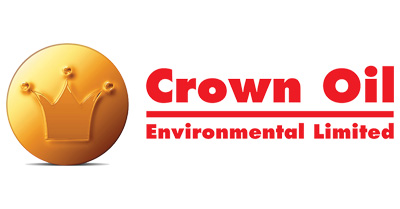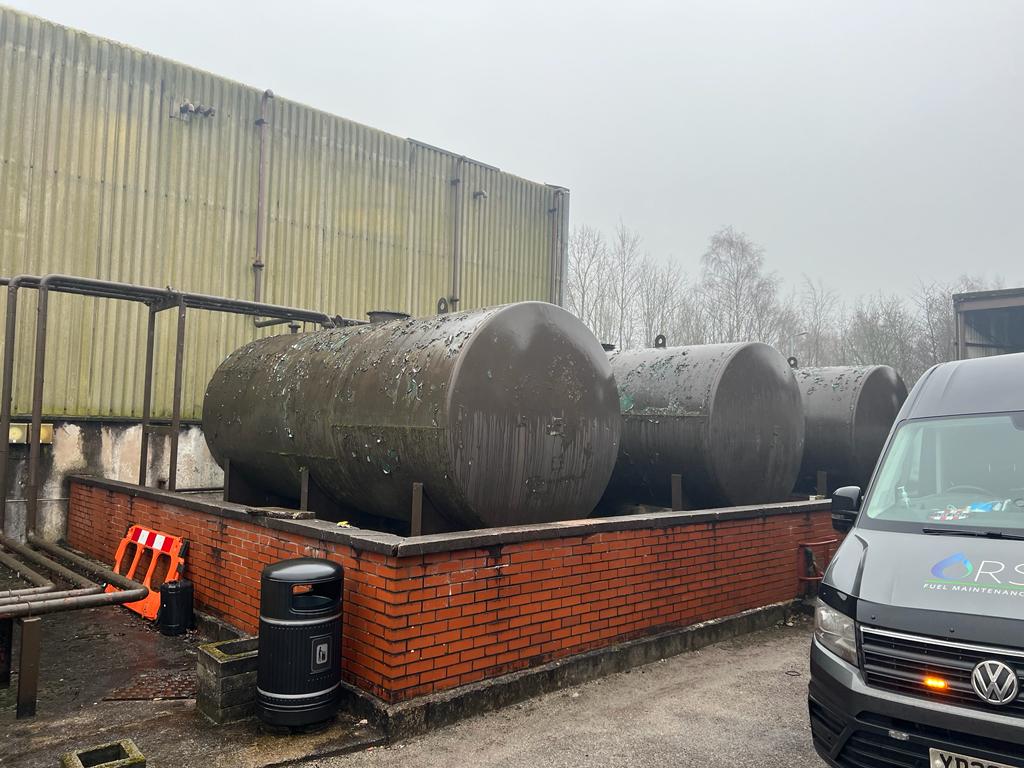Fuel Testing
At RSM Environmental, we recognise the significance of accurate and reliable fuel testing to safeguard your fuel system. Our fuel testing service helps to reduce operational risks and ensure compliance with industry standards.
Contact Us

Our testing processes meets strict quality and accuracy standards for UKAS accreditation.

Our fuel testing service is available throughout from the UK.

Get expert support you can trust from our team of experienced engineers.
What is fuel testing?
Fuel testing is a cost-effective method of determining the health of your fuel system. It identifies the presence of diesel bug, which could cause major problems if left untreated.
For a fuel test to be carried out, a sample is taken from a fuel tank by one of our qualified and experienced engineers.
The fuel is then tested in a UKAS-accredited laboratory. To summarise your test we provide a supporting report which shows an international standard (ISO) result of the quality of the fuel.

Why do I need to get my fuel tested?
Even refinery grade class A2 gasoil draws in water, its composition means that over a period of time the fuel has a natural lifecycle of depreciating quality.
It’s good practice to test your fuel every 12-18 months. This ensures that freestanding water, suspended water, and/or particulate matter and diesel bug are not going to cause unnecessary damage or downtime of the application it is feeding.
If caught early enough all of the usual issues with fuel left standing for prolonged time periods can be remedied.
Quality assurance
Fuel testing ensures that the quality of the stored fuel meets industry standards, preventing damage, reduced efficiency, and equipment malfunction.
Regulatory compliance
Fuel testing helps organizations comply with these regulations and avoid penalties or legal consequences.
Performance optimisation
Regular fuel testing can identify issues like microbial contamination or sediment buildup, allowing for timely maintenance and preventing costly breakdowns and downtime.

The Renewable Transport Fuel Obligation (RTFO)
The Renewable Transport Fuel Obligation (RTFO) is intended to deliver reductions in greenhouse gas emissions from fuel used for transport purposes by encouraging the supply of renewable fuels.
The issues born out of RTFO have been well publicised and like most, RSM recognise that it’s a positive change that fuel refiners are now forced to ensure that at least 5% of their product is sustainably sourced.
This means that at least 5% of products like class A2 gasoil consists mainly of plant derived oils, making it essential for regular testing along with real-time visibility of what’s going on in the tank.
Contact Us

















